Building Democracy Through Theatre: An Interview with the Social Community Theatre Centre
Our workshop from 19-21st of September in Turin, set out to explore how grassroots cultural and artistic organizations can strengthen democratic participation - especially among groups whose voices are too often marginalized, such as young people, women, and migrants. By placing culture at the heart of the discussio, not as a tool but as a fundamental human need, it opened space to reflect on how creativity and cultural engagement can nurture agency, dialogue, and civic empowerment.
The Social Community Theatre Centre (SCT Centre) uses theatre to foster inclusion, well-being, and civic engagement. They joined our recent workshop in Turin on democracy and culture and Fabiana Re from SCT shares her insights.
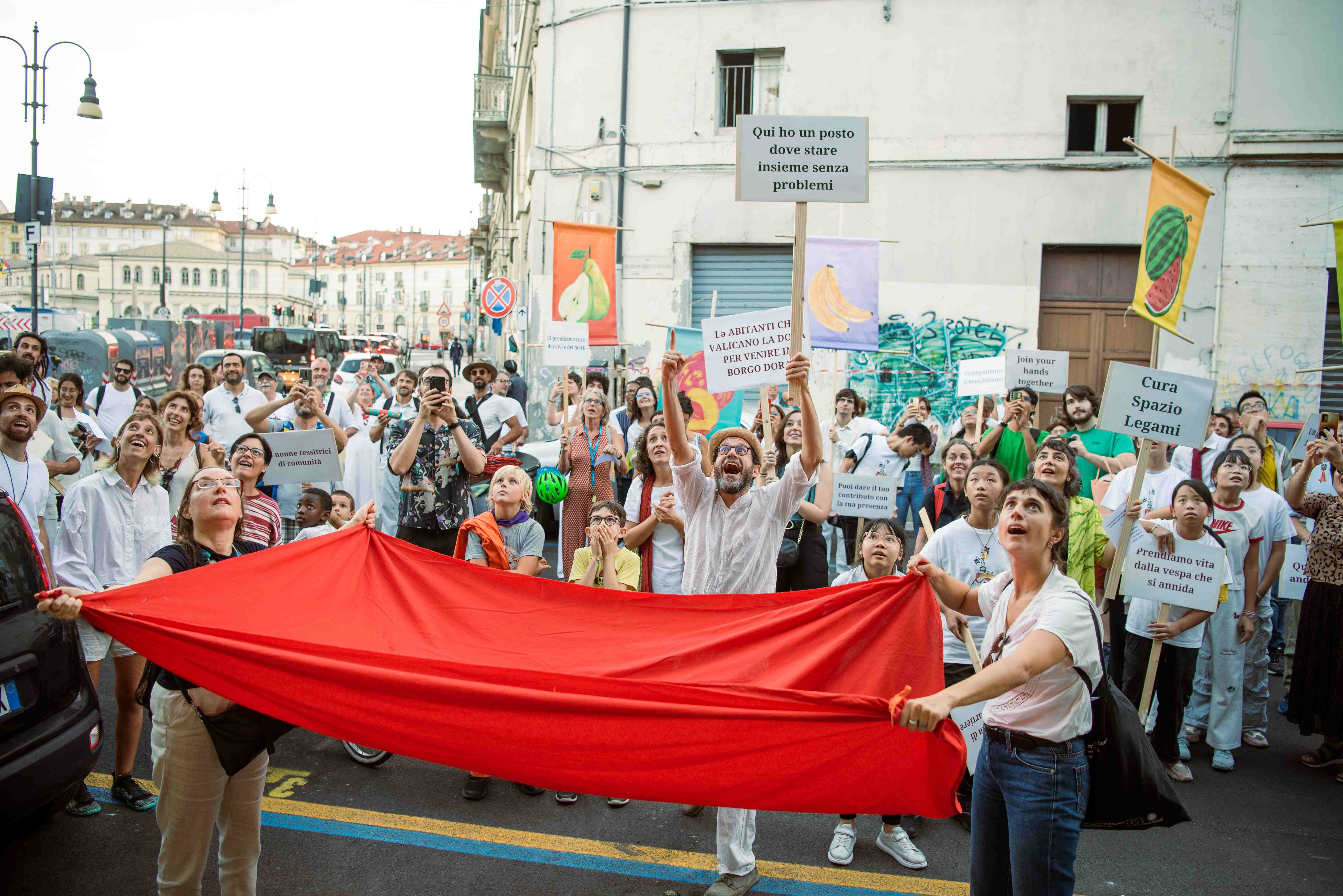
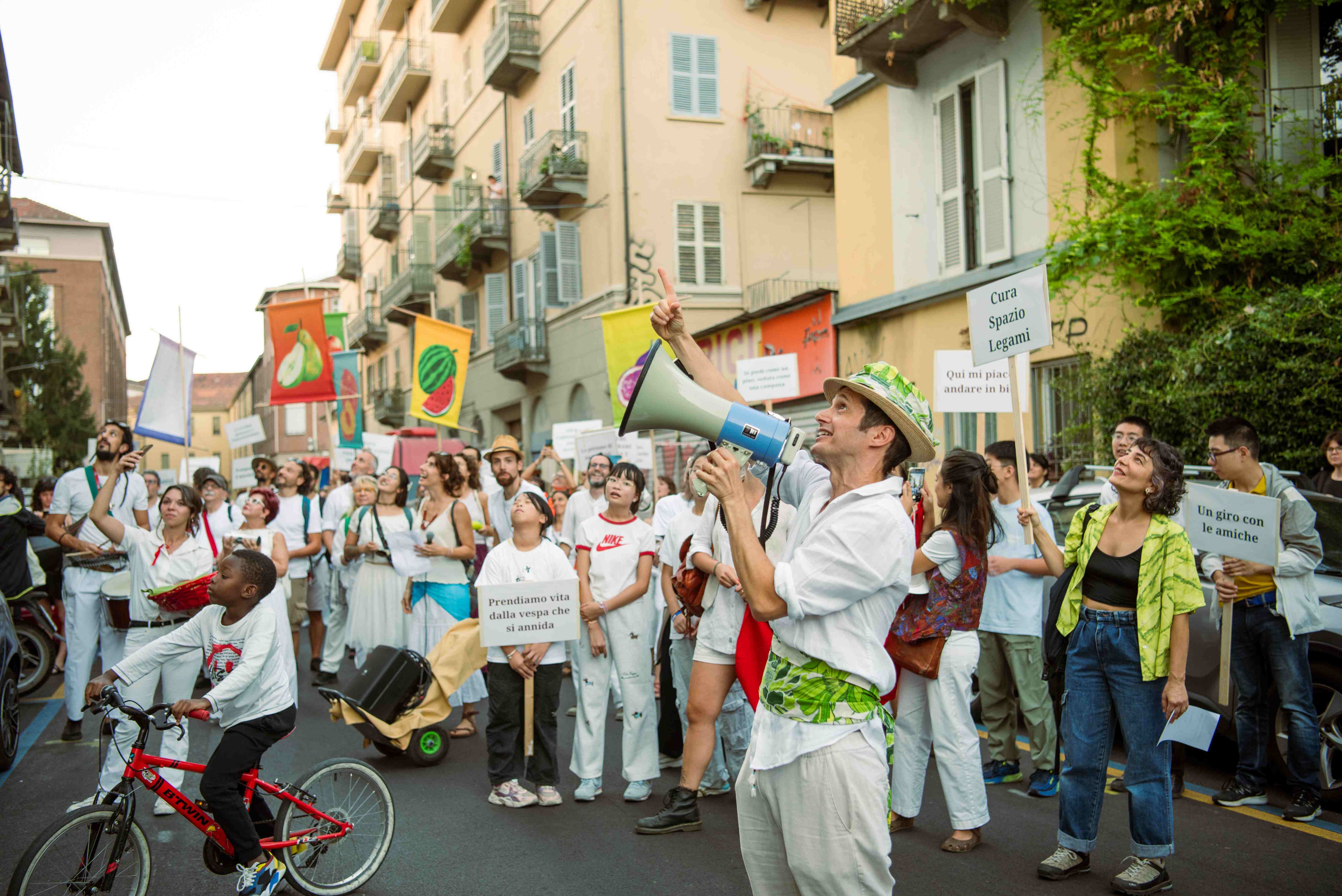
Building Democracy Through Theatre: An Interview with the Social Community Theatre Centre
Our workshop from 19-21st of September in Turin, set out to explore how grassroots cultural and artistic organizations can strengthen democratic participation - especially among groups whose voices are too often marginalized, such as young people, women, and migrants. By placing culture at the heart of the discussio, not as a tool but as a fundamental human need, it opened space to reflect on how creativity and cultural engagement can nurture agency, dialogue, and civic empowerment.
The Social Community Theatre Centre (SCT Centre) uses theatre to foster inclusion, well-being, and civic engagement. They joined our recent workshop in Turin on democracy and culture and Fabiana Re from SCT shares her insights.

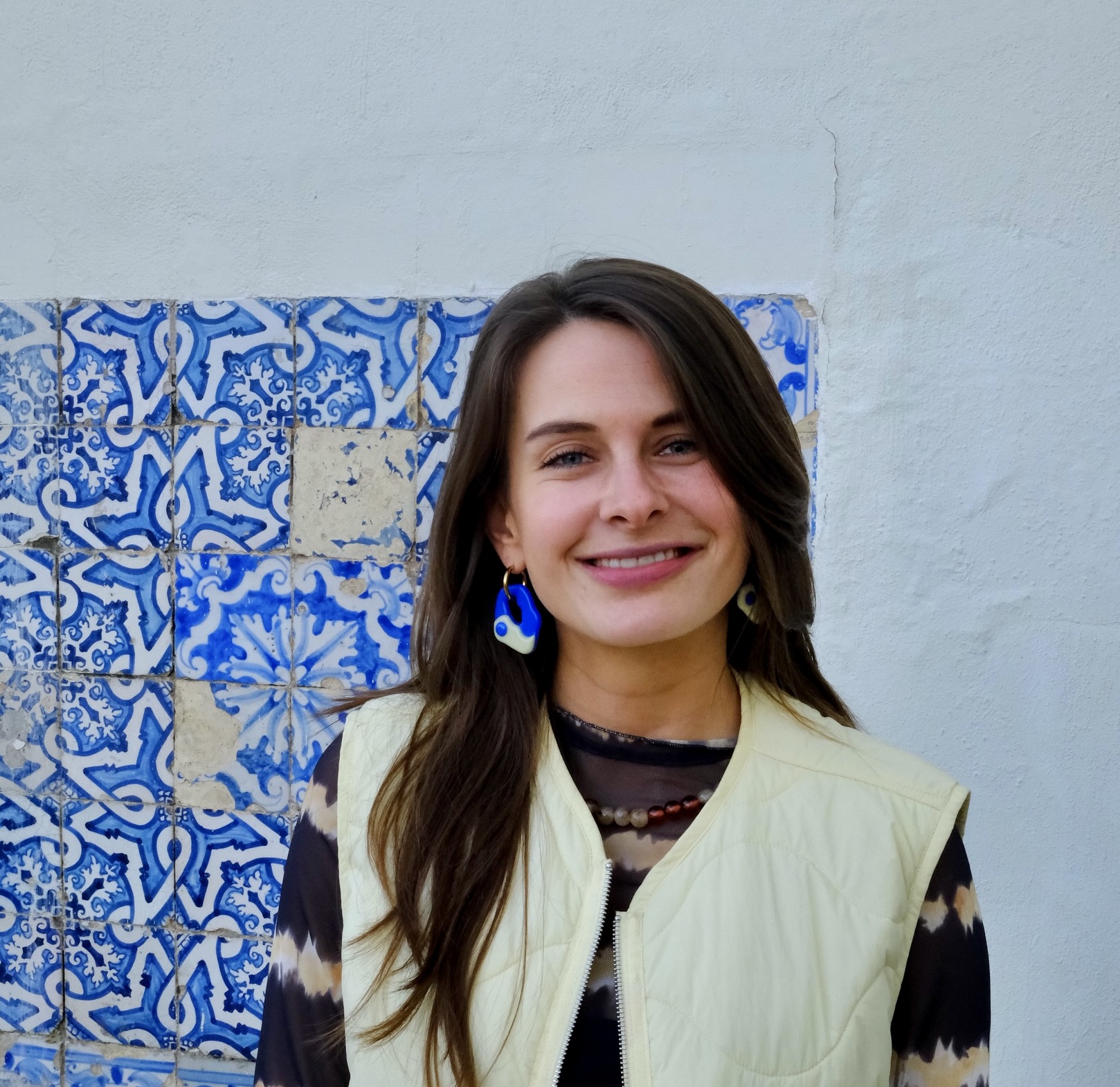
Why did you decide to join the workshop?
Our decision to join was deeply connected to the mission and values of our organization. For over two decades, the SCT Centre has used performing arts as a tool for community well-being and civic empowerment. The focus of this workshop perfectly aligned with our commitment to leverage cultural participation for positive societal change. The workshop also offered the opportunity to contribute to important research on the link between cultural participation and democracy. We believe that exploring this connection is not just relevant, but fundamentally necessary in contemporary times, where the integrity of civic spaces is constantly being negotiated.
What challenges do you face as a grassroots organization?
Our biggest challenges are recognition and sustainability. It is often difficult to communicate the value of our work to political decision-makers, as our approach - centered on community engagement, empowerment, and well-being - differs from that of more traditional cultural institutions.
We also face the ongoing issue of discontinuous and fragmented funding. This lack of stability limits our ability to plan strategically and maintain long-term projects and partnerships. One of our key goals is therefore to move from temporary initiatives to a more sustainable, long-term model of cultural and social intervention.
.jpg)
What was your main takeaway from the workshop?
The most important takeaway was realizing how powerful it is to create dedicated moments for exchange among cultural organizations. Hearing feedback and reflections from peers who share our ethical and methodological principles was incredibly enriching. It helped us look at our own grassroots activities with fresh eyes and better understand the value we bring to our community. We left with a renewed sense of purpose and a clearer view of how reflection and collaboration can amplify the social impact of our work.
What message would you like to share with policymakers in the cultural sector?
Our message is clear: cultural organizations should not be seen as secondary or decorative, but as essential pillars of social infrastructure. We must advocate for the impact culture has on the well-being of communities and, critically, on the resilience of democratic society as we know it - especially in challenging contemporary times.
For culture to have a truly transformative impact, it needs sustained support and accessibility. That means long-term funding, continuity in programming, and ensuring that cultural spaces remain open and welcoming to everyone. Investing in culture is ultimately an investment in the collective well-being of society.
Read more about SCT-centre's work here.
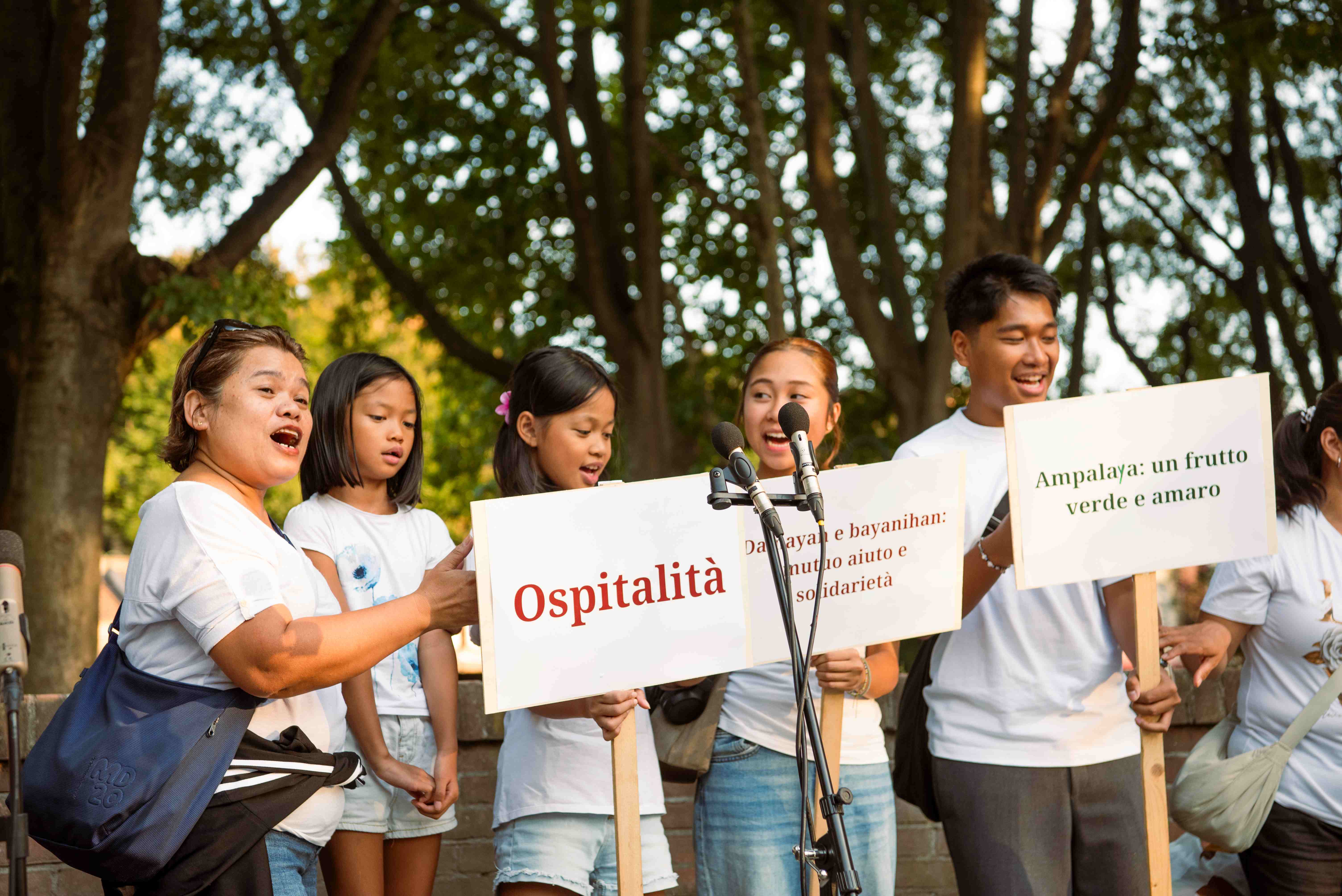
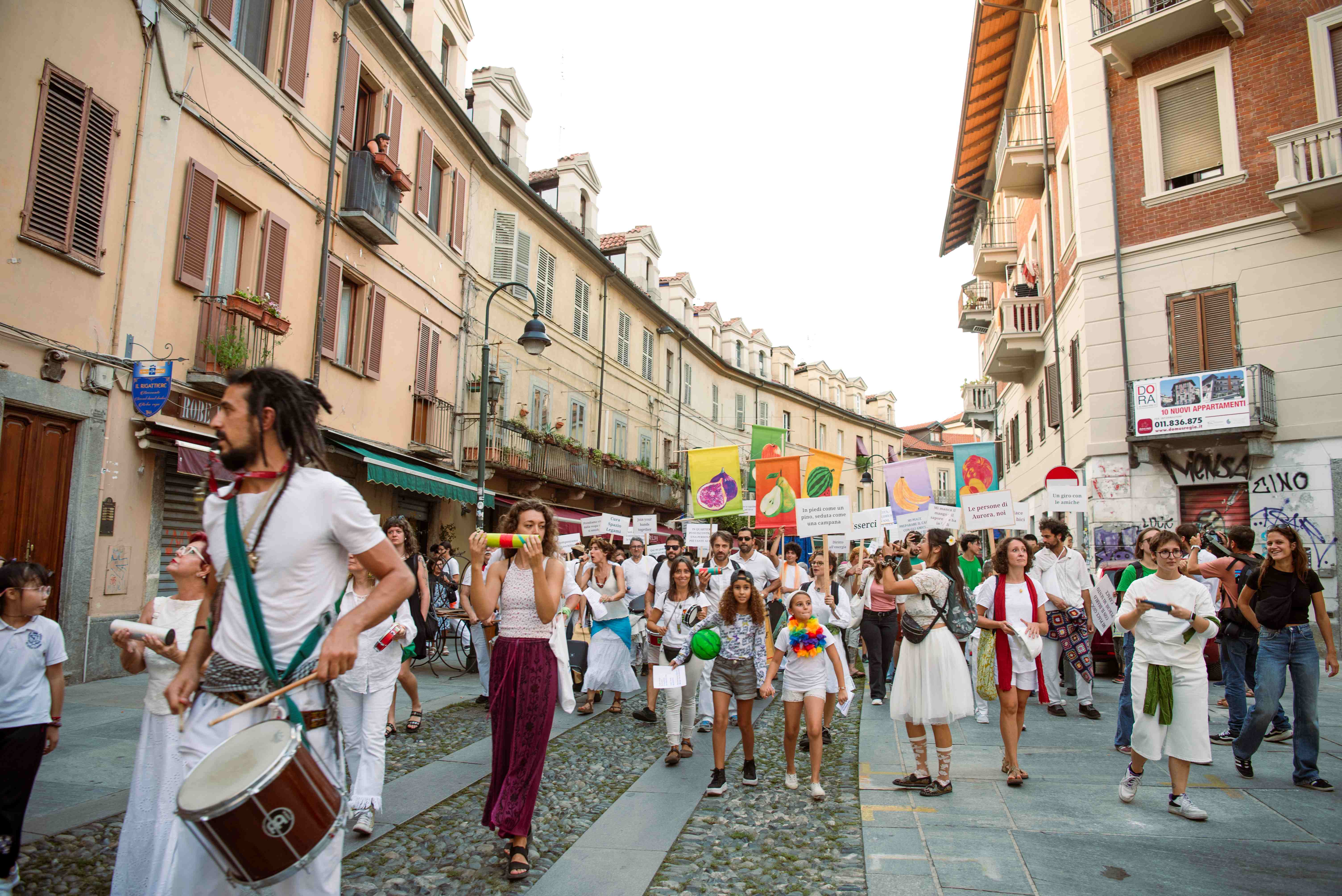
.png)

.webp)

